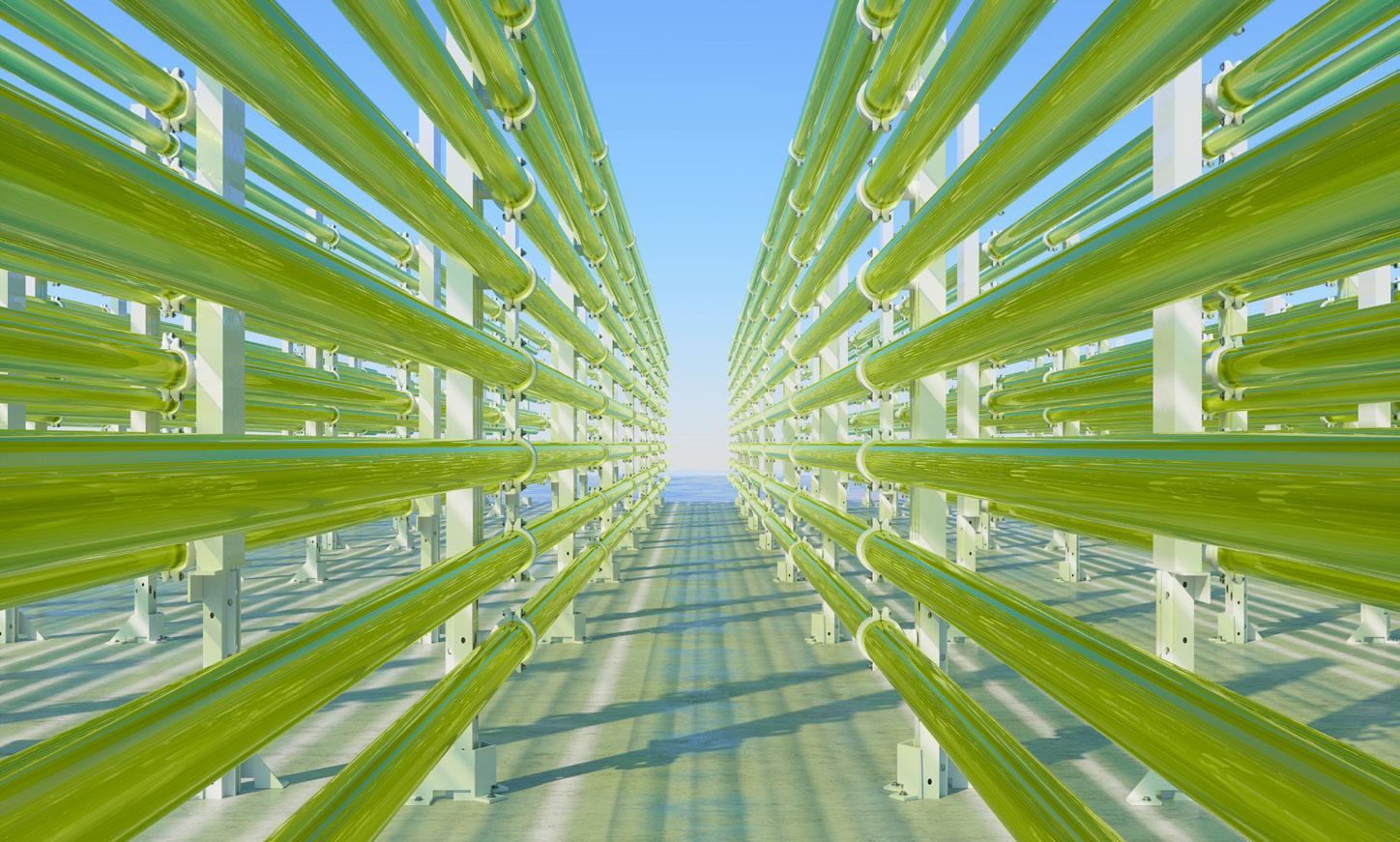
Applied research doctoral scholarships: 18 scholarships for innovative PhDs
Sustainable Technologies for Industrial and
Construction Engineering
The projects
• Advanced materials by additive manufacturing and qualification for industrial applications in alternative fuels sector
• Sustainability metrics for improving the environmental performance of window fixtures
• Rainwater reuse for process water
Advanced materials by additive manufacturing and qualification for industrial applications in alternative fuels sector
Affiliated company: OMB Valves SpA
Reference Professor: Prof. Sergio Lorenzi, University of Bergamo
Advanced materials and key enabling technologies such as additive manufacturing are redefining traditional design and manufacturing strategies, thus opening the possibility of obtaining materials and products with high added value and unique performances strictly related to the unique design the alloy microstructures.
Lots of efforts have been made by researchers and industry to optimize process parameters and heat treatments to achieve optimal tensile properties, but in the last years corrosion and durability are increasing they role in industrial applications related to energy sector, which is now facing new challenges in the field of alternative fuels.
Traditional and innovative alloys are expected to become more and more attractive for severe service applications.
Among them, nickel-based alloys and their modifications are attractive as they exhibit high tensile strength alongside with outstanding corrosion resistance.
Advanced materials with unique microstructure and customized compositions need to be opportunely qualified for safety applications in high standardized industries and the topic of material qualification is nowadays attracting the attention of industry, research organization and certification institutions to unlock the transition of new materials development to industrial production.
Sustainability metrics for improving the environmental performance of window fixtures
Affiliated company: LEGNOLEGNO sc
Reference Professor: Prof. Elisabetta Palumbo, University of Bergamo
The EU guidelines and market illustrate the importance of sustainability and environmental certifications in production chains for attaining decarbonization and circular construction objectives.
About 60% of a building’s total energy loss can be attributed to exterior windows, which typically account for 10%-25% of the building’s exposed area and account for about 60% of its energy loss.
In accordance with the goals set forth by the EPBD Directive revision, the window industry must make efforts to reduce environmental impacts throughout the building’s life cycle, from the production phase of the product to the disposal and reuse of the building.
The proposed research project aims to integrate strategies and sustainability objectives to aid the industry in establishing a better environmental profile of the window system, both as a component of the production cycle and as a part of green buildings.
Rainwater reuse for process water
Affiliated company: ECOLAB Production Italy
Reference Professor: Prof. Isabella Natali Sora , University of Bergamo
The recovery of wastewater within an existing building, especially in an urbanized environment, is not widespread due to the need to intervene heavily on the plant equipment (splitting the plumbing system between gray water and black water) and to install tanks and pumps in technical spaces that are usually narrow, while the recovery and use of rainwater can be enhanced with relatively low-impact good practices.
The collected rainwater, appropriately treated and stored, can become a beneficial resource in the civil and industrial uses. The benefits are not limited to those domestic uses that do not require drinking water, but include uses for industrial applications.
This research project intends to find innovative ways to recover and treat rainwater for use as process water.

